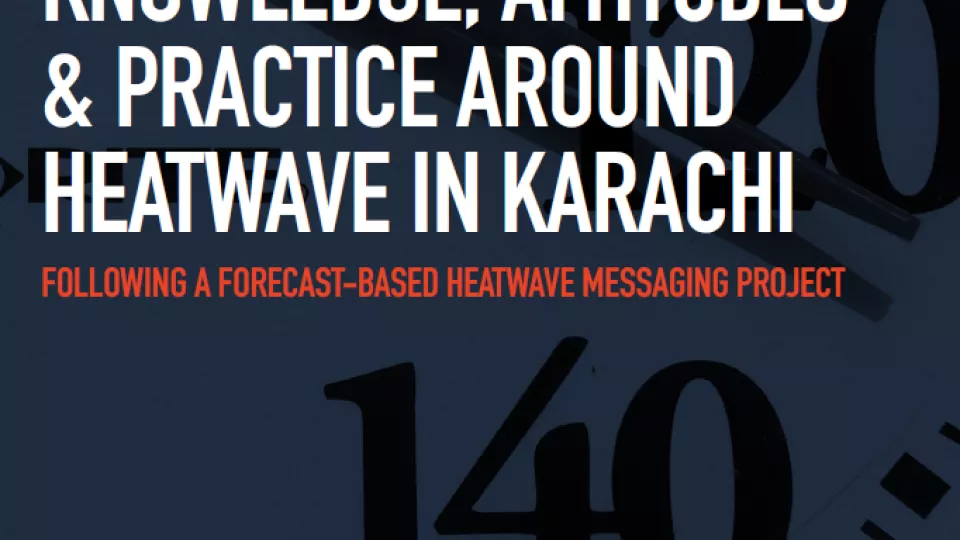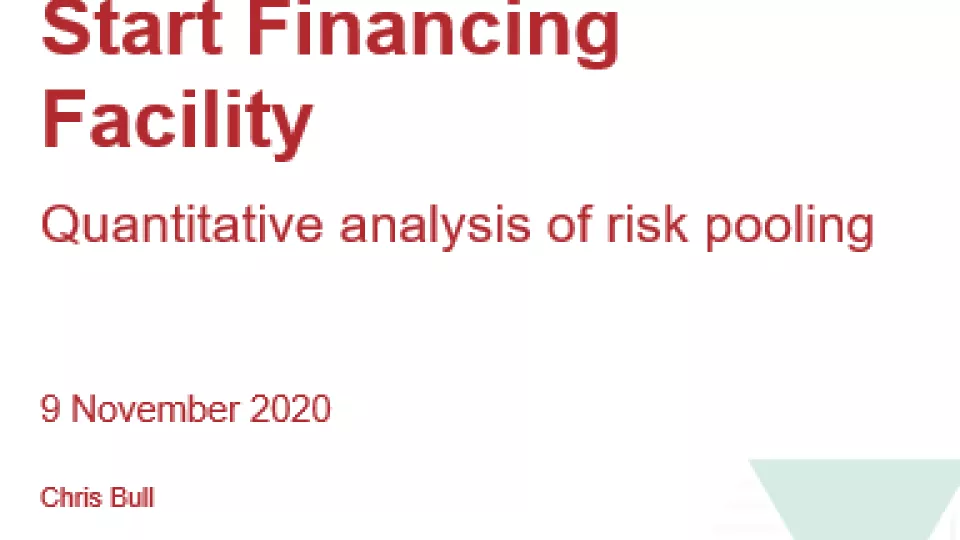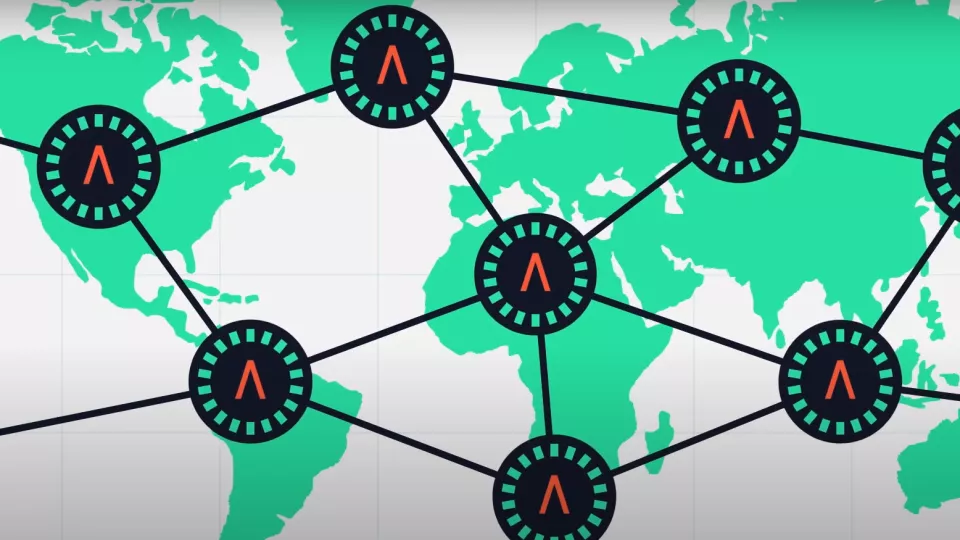In 2016, a €50,000 grant to Start Network from the government of Estonia, which is leading the world in its drive to adopt the new technology, enabled us to pilot blockchain for humanitarian financing.
So, in 2017 Start Network formed a partnership with a start-up social enterprise Disberse to push forward our plan to test blockchain in the delivery of humanitarian finance. Using the Disberse platform, we set out to test blockchain in a series of small disbursements. The pilot involved the creation of digital wallets on the blockchain that donors could use the transfer funding to NGOs, the NGO could then use its digital wallet to transfer the funding onto country teams. Through the pilot, we aimed to prove that blockchain could potentially be used to speed up the distribution of aid funding and trace exactly how it is spent.
In this 'Blockchain Pilot II: summary of lessons' piece the Start Network, Disberse, Trócaire Ireland, Trócaire Rwanda and Caritas Rwanda review the lessons learnt during the implementation of the pilot analyse whether blockchain helped to make the delivery of humanitarian aid more effective, transparent and accountable




